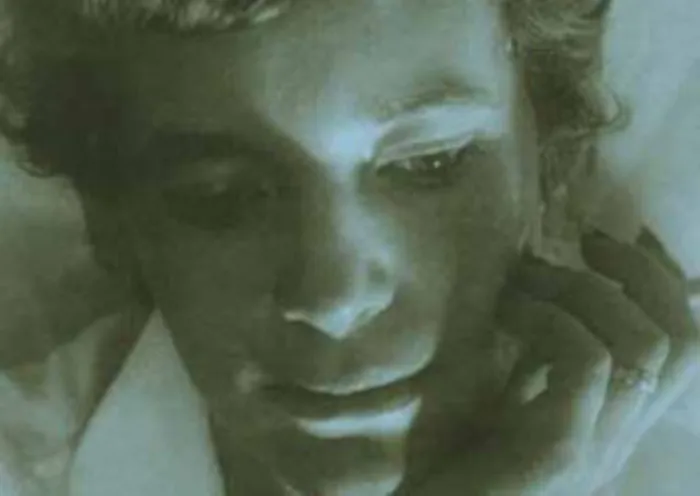Globally renowned poet Ingrid Jonker finally 'returns' home

Ingrid Jonker
Image: FILE
SIXTY years after the tragic passing of one of South Africa’s most celebrated poets, Ingrid Jonker, her physical archive has at last returned to her homeland.
The collection of manuscripts, correspondence and photographs was taken to Europe a quarter of a century ago, where it eventually found a home in the Museum of Literature in The Hague, The Netherlands.
According to Jonker’s cousin, Cathy de Villiers, the family regards this restitution “as a form of healing across generations”.
Years ago, the Federation of Afrikaans Cultural Associations (FAK), together with Jonker’s only daughter, Simone, who passed away in 2023, initiated discussions with the museum about repatriating the archive.
The South African Centre for the Netherlands and Flanders (SASNEV) and its executive director, Eureka Barnard, later joined the process as facilitators.
SASNEV ultimately took the lead, finalised the negotiations and, thanks to a generous donor, funded the safe transport of the collection back home.
SASNEV also managed to complete the project within the centenary year of Afrikaans’ official status as a language. With the assistance of SASNEV board member Professor Andries Visagie from the Department of Afrikaans and Dutch at Stellenbosch University, the archive, returned on November 4, is now housed in that institution’s Library and Information Service Manuscripts Section, as part of its Special Collections. It joins collections of other prominent Afrikaans writers, such as NP van Wyk Louw, Uys Krige and Jan Rabie.
“In collaboration with her now late daughter, granddaughter and several experts, we found a suitable institution to preserve Jonker’s legacy for the future,” said Valérie Drost, director of the Museum of Literature.
Jonker (1933–1965) is internationally renowned, in particular due to President Nelson Mandela who read a translation of her poem ‘Die kind wat doodgeskiet is deur soldate by Nyanga’ (‘The child who was shot dead by soldiers at Nyanga’) at the inauguration of South Africa’s first democratic parliament in 1994. She wrote this legendary piece after a black child was shot by a white soldier in 1960 and died in his mother’s arms.
SASNEV chairperson and former Belgian ambassador Jan Mutton said Mandela realised that Jonker’s legacy, and the public admiration for her, constituted a unique symbolic bridge between the old and new South Africa.
“For Mandela, she was a young woman with the courage to capture the reality of apartheid in poetic form.”
Mutton and Professor Ena Jansen, also a SASNEV board member, travelled to The Netherlands several times in recent years to coordinate between the Museum of Literature, Stellenbosch University and the Jonker family to make the restitution a reality.
“Her archive was meticulously cared for in The Netherlands and the Museum of Literature fully digitalised it. But Jonker’s legacy can only receive the full appreciation it deserves here, on her home soil. I knew immediately: she had to come home,” said Mutton adds.
Mutton sees in Jonker not only an incomparable poet but also a reflection of the restless spirit that defined the 1960s.
“She reminds me of a bohemian lifestyle, rebellion against parents and authority figures, heartbreak… In short, she embodies my own youth. She is one of us, one of the Sestigers (a progressive literary movement in South Africa in the 1960s), and we should honour her.”
To celebrate the restitution, a special event is planned for November 22 at SASNEV in Pinelands, exploring Jonker’s remarkable life and her influence on a new generation of Afrikaans speaking Africans.
A limited number of seats are available to the public, and those interested are encouraged to email info@sasnev.co.za as soon as possible.
Cape Times